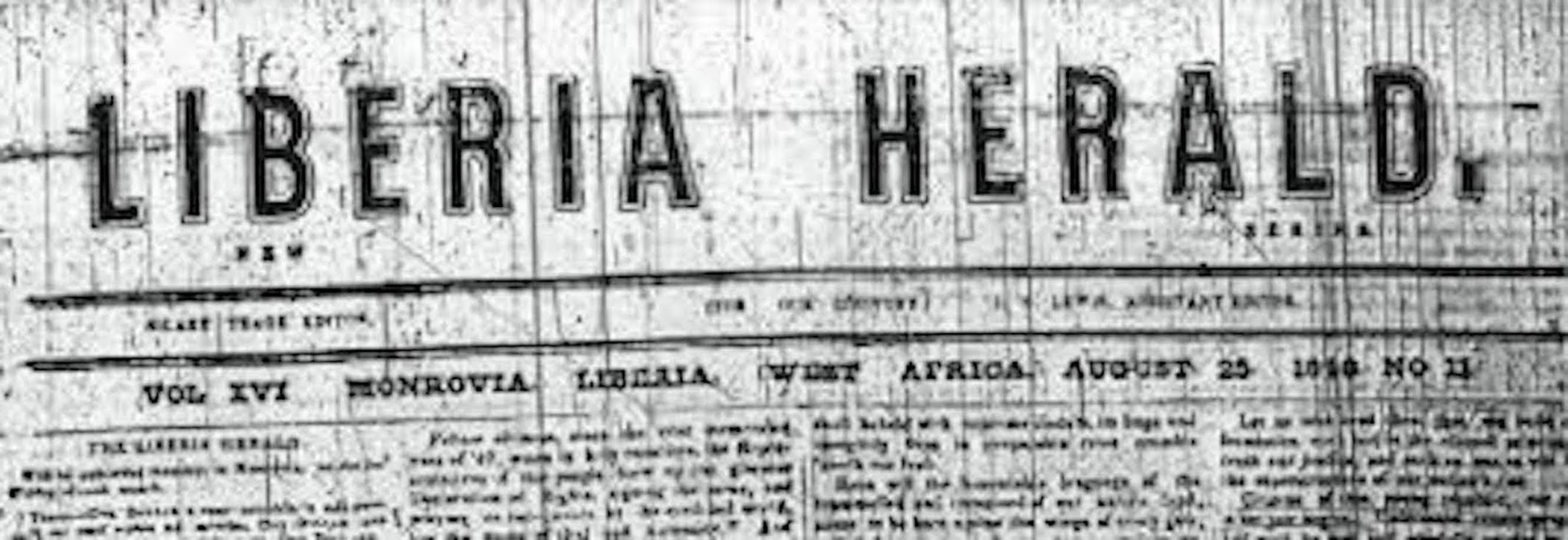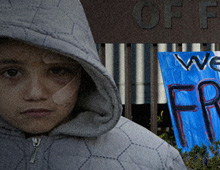Phindile Xaba
Hilary Teague’s struggle for Liberia’s independence from the American Colonisation Society (ACS) is one that may have fallen through the cracks of history, but like his resilience it has emerged from the shadows over time.
Hilary Teague is being celebrated in contemporary times as the Father of Liberia’s independence and the foremost pioneer of the Liberian media. His legacy has also become an interest in scholarly works and literature, aptly so.
According to Dr Patrick Burrowes, a renowned Liberian historian, Teague’s legacy may have been tampered with simply because his last name is sometimes spelt differently, as “Teage”. But he contends that attempts to hide his unwavering commitment to the liberation of black people could not stay buried eternally.
Burrowes in an interview with the Liberian Observer said: “Teague was the father of Liberia’s independence. Just as Ghanaians uphold Kwame Nkrumah and the Americans look up to George Washington, Liberians need to honour the man who laid our foundation.”
Apart from writing numerous papers on his legacy, Burrowes staged a play chronicling Teague’s historical contributions to commemorate Liberia’s independence in July 2018.

Hilary Teage, Liberian media trailblazer Sourced: Facebook page on Hilary-Teage-Father-of-Liberias-Independence
Early childhood
It’s no wonder that Teague was so invested in Liberia’s independence as he was born to former slaves Colin and Frances Teague in 1805, in Virginia in the United States. His father, Colin and a friend Lott Cary had been ministers at the Providence Baptist Church they had established on a piece of land they purchased in Richmond. They emigrated with their families to a colony that was yet to be named by the American Colonisation Society (ACS), in West Africa as missionaries. Teague was only 14 then and for several years the family primarily lived in Sierra Leone, where Hilary and his sibling Colinette received elementary education for three years.
When they eventually moved to settle in Liberia, they then discovered that the history of the colony had been of no less than a huge dispute and discord between the settlers, a group the Teagues fell into and the ACS. Several rebellions had reportedly occurred regularly with no results. Teague, who was in his late teens when he set foot on the colony, is described by Burrowes as an inspirational person young people can learn from as he had minimal education but did not let that deter his determination.
He went on to become a successful businessman with some or full equity in different ventures. He even owned several ships, followed in his father’s footsteps and became a minister of three churches over time. Teague is said to have been bothered by the state of the lives of African people in their land, and had to do something to fight for independence.
Media and Writing
According to Marie Tyler-McGraw, Teague was widely viewed as a very bright man, but somewhat angry, an emotion that showed through his writing during his editorship at the Liberia Herald (1835-1849), which he also owned.
Teague unapologetically used this platform to champion the cause for Liberia’s independence, invoking black nationalism and religious heritage. Tyler-McGraw suggests that his writings demonstrate that his anger was fueled by the exclusion of blacks from citizenship and opportunities viewed through his own experience in Virginia.
In one editorial he wrote: “New Virginia [a new settlement] is looking up. We trust we love all mankind … but somehow, we do love Virginia and Virginians. How strange that we should love a place that despises us and casts us out. Well, let New Virginia copy all in the old that is good and reject the bad.”
His editorials covered wide topics ranging from native plant and animal life, daily life and practices among indigenous groups, agriculture, and women’s fashions in Monrovia. His greatest interest was Liberian history and politics and he realised early on that Liberia must be independent. In a private letter, he assessed the relations between Liberia, the ACS, and the United States government accurately:
“You are probably aware of the nature of our relations with the people of the United States. With them as a nation we have nothing to do. From the first the Government disowned us, and up to this hour disclaims all political connection. With a few American citizens confederated under the title of the American Colonisation Society (ACS), we hold a temporary and conditional relation”.
Politics of liberation
In 1835, Teague became the secretary for the Liberian colony and progressed to occupy the position of a clerk of the convention which presented the settlers’ views of the ACS regarding constitutional reforms in 1839.
He was later an instrumental figure at the Constitutional Convention of 1847 – representing Montserrado County – in both debating and ratifying Liberia’s constitution, and wrote the country’s Declaration of Independence. In 1853, although Teague was the country’s first Secretary of State after Liberia declared independence, he served as attorney general as well. All his life he fought for secular political freedom far from his religious affiliation.
While Teague is said to have been a failure in all aspects of life in some quarters, Burrowes noted that Liberia should be weary of suppression of accurate African history by those who may desire to impose their distorted opinions.
“My greatest wish is that this play will unify Liberians and teach us to love and respect ourselves. A key to success in life is to know yourself but sadly, many of today’s Liberians look down on our ancestors because we don’t know our history,” Burrowes said.
Teague died in May 1853 aged 51.
First published in thejournalist.org on 26 February, 2019
In collaboration with Mail and Guardian
![]()
Facebook: Mail & Guardian
Twitter: @mailandguardian
Instagram: @mailandguardian
LinkedIn: Mail & Guardian










